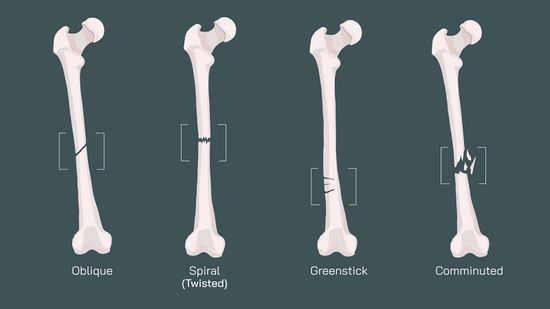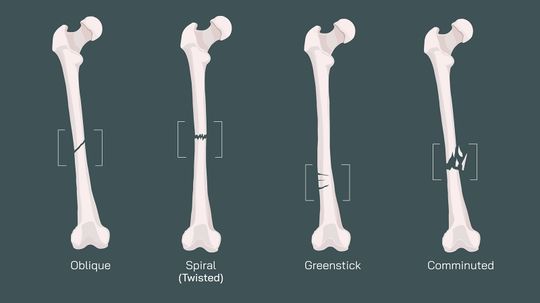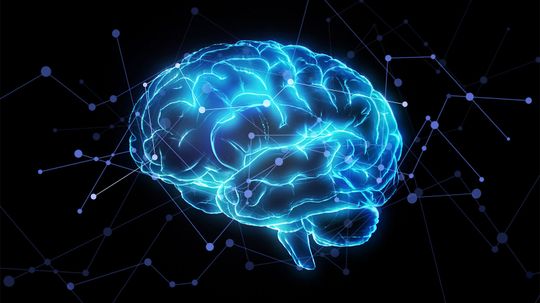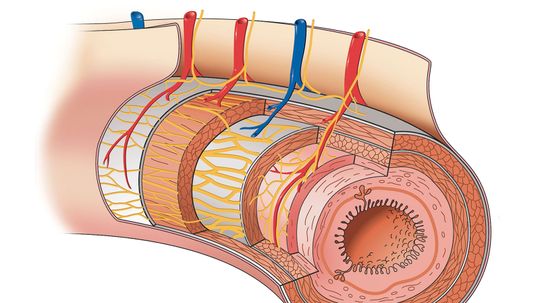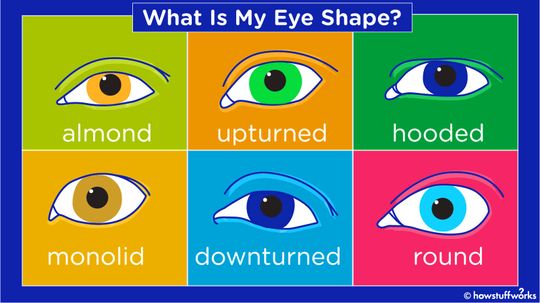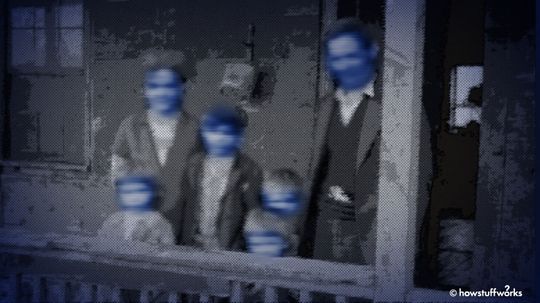Human Body
The human body is an amazing structure made up of many fascinating parts and systems. Learn about the human body and how its systems work together.
Learn More
Thinking about getting a piercing but not sure how much it's going to hurt? Pain is part of the process, but not all piercings are created equal. The least painful piercings often go through fleshier areas and avoid spots with dense nerve endings.
Tattoos hurt—that’s part of the deal. But not all body parts feel the needle the same way.
If you’ve ever wondered who has the biggest nose in the world, you’re not alone. Guinness World Records (GWR) has logged remarkable noses, from the world’s longest nose on a living person to historical accounts of extraordinary size.
Advertisement
A bone fracture can happen in an instant—from a fall, an accident, or even repetitive stress. But not all fractures are the same. Understanding the different types of fractures can help you grasp how bone breaks occur, how they’re diagnosed, and what the healing process might involve.
Hair is one of the most expressive parts of our bodies. It's a living record of our genetics, our environment and even what we had for lunch (hello, greasy roots). With all the diversity in the world, how do we begin to categorize the many types of hair out there?
How tall is the average guy? It’s a question that bridges human biology, geography and public health.
Some bodily phenomena make sense. An ice cream headache, for example - you know what you did to get there, you know you deserved it, and you have absolutely no regrets. Others are a bit of a mystery, like when you stand up quickly and see a dizzying array of stars.
Advertisement
All eye colors are an interaction of brown pigment and light, but some eye colors occur much less often than others. Here are the six you'll see the least.
Surely you've had the wind knocked out of you at some point in your life. But what's really going on inside your body?
Saliva is not exactly the most appetizing of subjects, but it plays an important role in everything from how food tastes to how it is digested.
The presence of a protein called Piezo1 plays a key role in how tendons heal - and a genetic mutation in that protein may also enhance athletic performance and keep us moving around longer and better.
Advertisement
Believe it or snot, almost every living creature has some kind of mucus - because mucus does so many things. A study found mucus was so beneficial to mammals, it evolved independently in species.
Surely you've had a knot in your neck at some point. But your muscles really aren't tied in knots. Or are they?
Having kidney stones can feel like you've been stabbed in the back. But is it the stones causing the searing pain or is it something else?
By Dave Roos
We've all heard of the brain's gray matter, but what about the white matter? What does it do?
Advertisement
In 2017, scientists discovered the 79th organ of the body. What took them so long and what does it do?
By Alia Hoyt
The director of the Aphasia Research Laboratory at Boston University explains the condition forcing Bruce Willis to retire from acting, including what treatment options could be available.
By Swathi Kiran
Maybe you've seen those fantastical stories saying the world's longest piece of poop is 26 feet? Is that even possible? Where does crap like this come from?
By Alia Hoyt
Many things play a role in how our bodies acclimate to super-cold temperatures, including our own habits, genetics and even brown fat.
Advertisement
Nearly all newborns have some shade of blue eyes at birth. But after a few months, they change. What's going on?
Knowing your eye shape can help with everything from selecting eyeglass frames to shaping the perfect brow.
The Fugate and the Combs families in rural Kentucky lost the genetic lottery, as both shared a rare recessive trait that made their skin look blue. What happened to the blue people of Kentucky?
By Dave Roos
Stanford researchers have developed a new white cane, incorporating sensing and wayfinding approaches from robotics and self-driving vehicles. Could this new white cane reshape life for the visually impaired?
Advertisement
Parosmia is a post-COVID-19 side effect that distorts your sense of taste and smell. But smell training (you read that right) can help most people get things back on track.
Technology for hearing aids has advanced drastically since our grandparents wore those big, bulky ones wrapped around their ears. Now they're Bluetooth-enabled and can even translate foreign languages on the fly.



